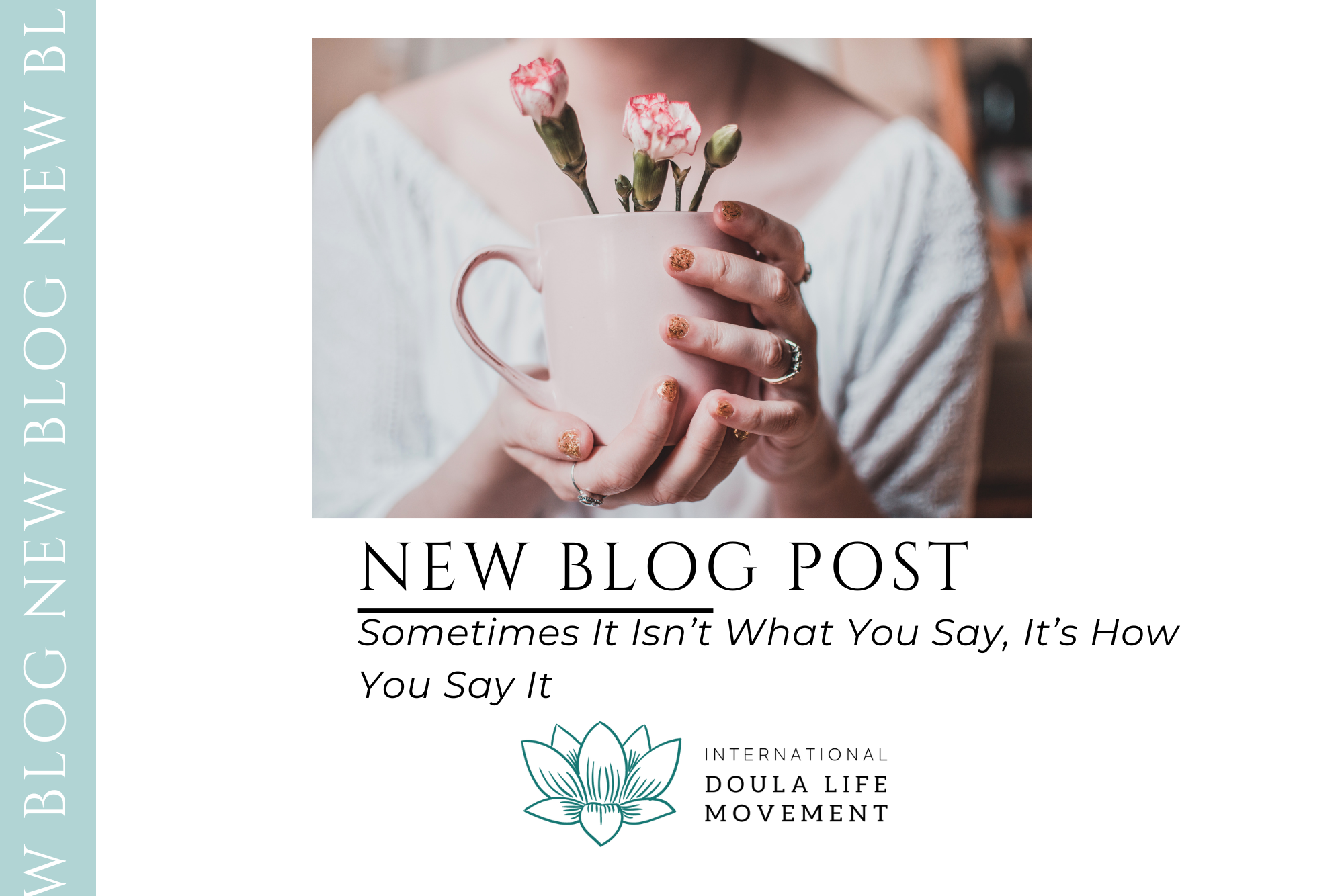If you’re reading this, you already know how important it is to talk about death. One of the things you’ll hear over and over again in your IDLM classes, in workshops and CE classes, in Death Cafes and here on this blog, is how important it is to find ways to simply have conversations about death.
But just because it’s important, that doesn’t mean it’s easy for everyone. Even in spaces where nearly everyone works in end of life care, you hear people ask one another what they should say to someone who has just lost a loved one or received a terminal diagnosis. It’s one thing to talk about death in a setting like a death café, when everyone is there for a death-themed conversation. It’s another thing to start talking about death out in the world during a random conversation, with someone who may or may not be interested in or comfortable with the topic.
And when it comes to situations where there is no choice but to talk about it, because you or the person you are speaking to is looking death in the face? Well, that’s a different kind of uncomfortable.
Over the past couple of years this blog has shared lots of advice for what to do in these situations, and it often boils down to not doing much at all beyond being present for another person and supporting them as they make their own way through a lonely and difficult journey.
Easier said than done.
Being present and giving support is simple, but it isn’t easy. Most often the difficulty arises from the fact that we hate seeing other people in pain, and we want to find a way to get rid of the pain as fast as possible—but that’s just not how grief works. Trying to rush people through grief is not only ineffective, it can actually do more harm than good.
It is important not to assume that grief should look any particular way, or that someone who is not showing enough emotion is not processing their grief. Or that it’s your job to do anything about it if they are not. Whether or not you believe it when they say they’re alright, all you can do is make sure they know you’re there if they need you.
Another thing to avoid at all costs is toxic positivity. This is the temptation to tell someone everything will be all right when they are deep in grief, or that they will get better when they won’t, or that they ought to look on the bright side. Trying to make promises of a better future that no one could possibly guarantee. The fact is, telling someone they ought to feel good when they are feeling bad not only doesn’t work, but it somehow implies to them that the natural feelings they are experiencing are wrong, or at least that you wish they would stop feeling them. It can be deeply demoralizing. On the other hand, you can and should let them know that you care, that they are loved and supported, that their pain is recognized and they are not alone.
In short, if you’re wondering what to say to someone in grief, the answer is simple: tell them the truth. Be kind, be present, and listen, and you will find out the exact words you choose to say might not matter that much after all.






